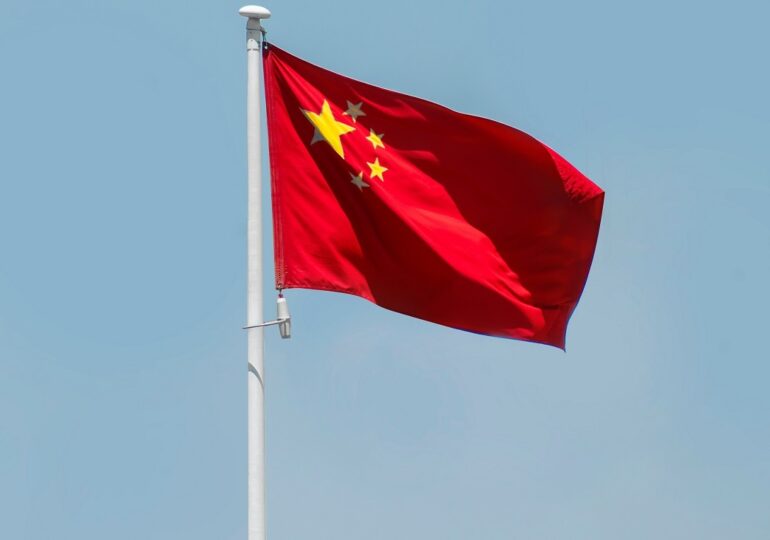The EU plans to tighten its rules on foreign investments in an attempt to counter Chinese firms benefiting from the bloc’s open, common market.
The new rules on foreign investments, which are still under discussion at the Commission level, are part of a series of proposals that the European Executive will present next month, according to the Financial Times (FT).
The European Commission aims to strengthen Europe's industrial base and revive the European economy, and the influx of cheap products from China, a side effect of the new American tariffs, puts additional pressure on industries such as steel and petrochemistry, which already face high energy prices and excessive environmental regulations.
A wave of Chinese industrial projects in Europe also fuels concerns that Beijing wants to create new dependencies for European industries and increase its geopolitical influence – a declared goal of Chinese President Xi Jinping, as reported by FT.
New Chinese investments are also a way for Beijing's companies to bypass potential additional EU tariffs on Chinese goods, considering that production will be localized in European countries.
China in the crosshairs
European Commissioner for Industry Stéphane Séjourné told the Financial Times that the new criteria should "ensure that foreign investments not only go into components assembled outside of Europe" but contribute to "the functioning of the entire European value chain."
FT highlights that Séjourné, a French politician, has been very influential in promoting, within EU legislation, requirements for local content and "made in Europe" clauses – a long-standing desire of France. He said that the revised rules will stipulate that foreign investors must hire local workers and, "in certain sectors, such as batteries," transfer technological know-how.
"It must be productive for European growth and not just an entry point into the European market," Séjourné pointed out.
He added that he has the "same agenda" as US President Donald Trump regarding reindustrialization, stating that "the only difference is that we will use different industrial policy tools than tariffs."
"We are protecting our market, but I prefer to use (foreign direct investment) conditioning to be able to produce in Europe," Séjourné explained, when asked about limiting investments in the EU made by Chinese companies.
Hungary, Beijing's gateway to the EU
An EU official confirmed to FT that the legislation will not explicitly mention China, but given the investment flows from this country to the EU, it was clear who the measures were actually targeting.
According to European Commission data, foreign direct investment flows from China to the EU increased by 80% to 9.4 billion euros in 2024 compared to 2023.
Chinese company CATL, a battery manufacturer with more advanced technology than any European rival, has become a special point of attention, according to FT.
After already opening a battery factory for electric vehicles in Germany, CATL is now building a 7 billion euro plant in Hungary and a 4 billion euro facility in Spain. In January, CATL was added to a Pentagon blacklist of companies considered to have ties to the Chinese military. The Chinese firm denied such connections.
For the construction of the facility in Spain, as part of a joint venture with Stellantis, CATL intends to bring 2,000 Chinese workers to the Zaragoza region. The factory is expected to be operated by 3,000 employees, mainly Spaniards, but some unionists estimate that, following the Chinese government's policy, the company will be reluctant to share its most valuable technological secrets.
Read the full article EU introduces new rules for Chinese investments: Local content and technology transfer – How the Chinese benefit from EU subsidies – Hungary and Spain, Beijing's gateways to the EU on Curs de Guvernare

